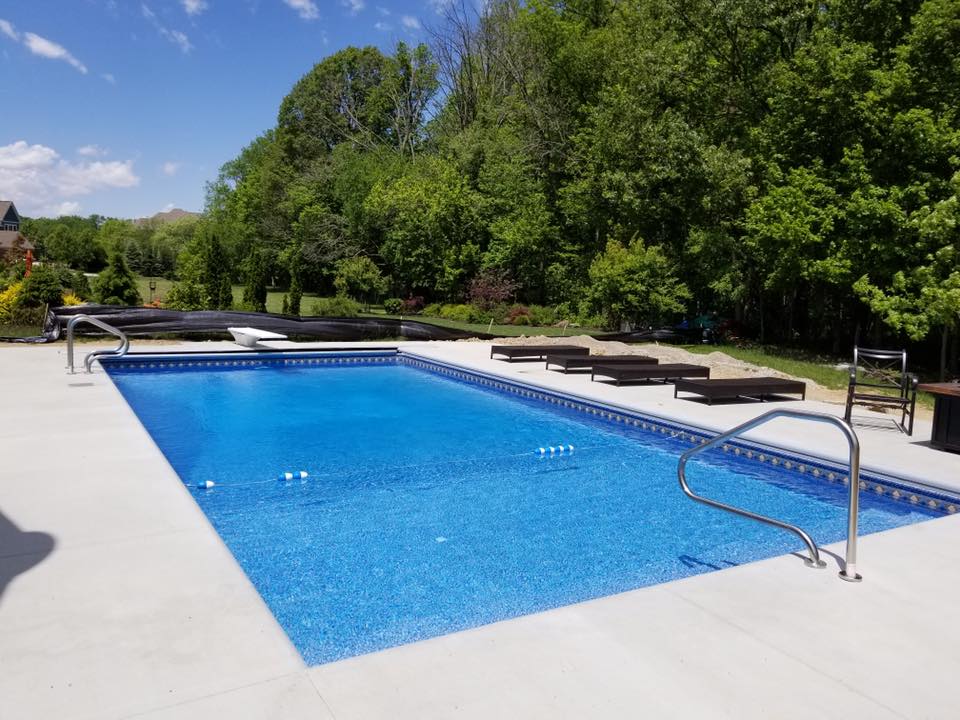Do you know what zinc anode is? Or a better question, does your pool builder know what zinc anode is?
Zinc anode is standard on all Mud Slingers pools. A common question we get about swimming pools is about corrosion on metal parts. Especially when it’s a saltwater pool, which we specialize in.
Corrosion can occur when electrolysis in the water is present. The zinc anode is plumbed directly into the plumbing lines and is also attached to the #8 copper bonding wire that is run continuously through all the metals parts on the pool and pool equipment.
The sole purpose of this component is to directly absorb any electrical current in the water to keep the pool parts safe. If you don’t have one on your current or potential pool ask why.





